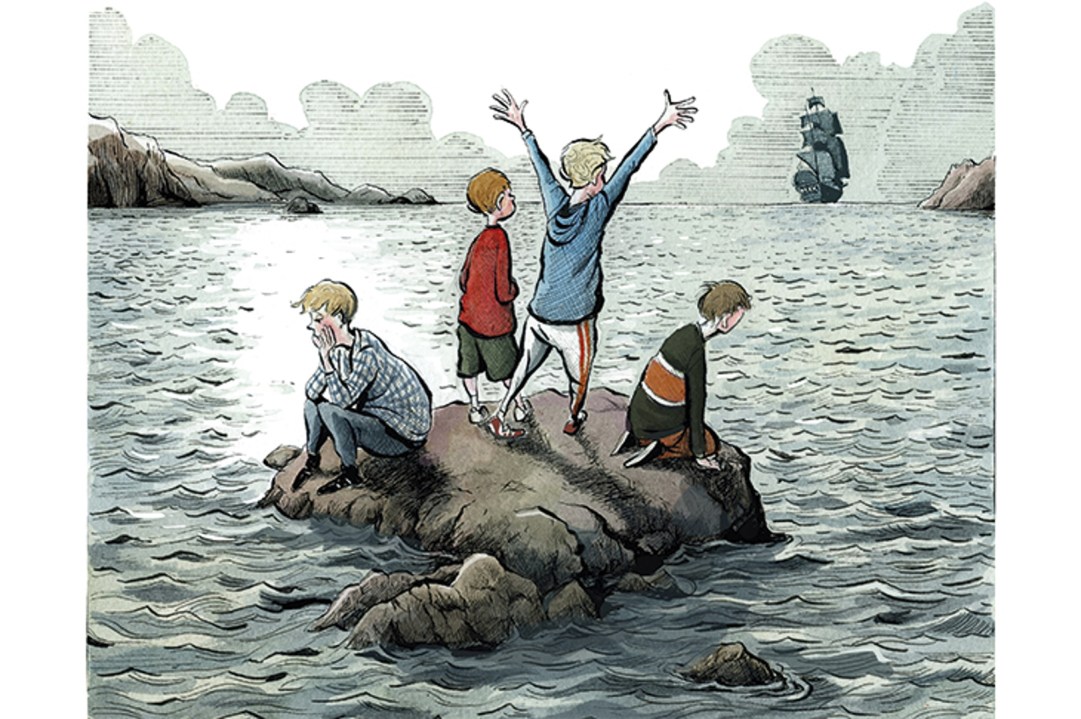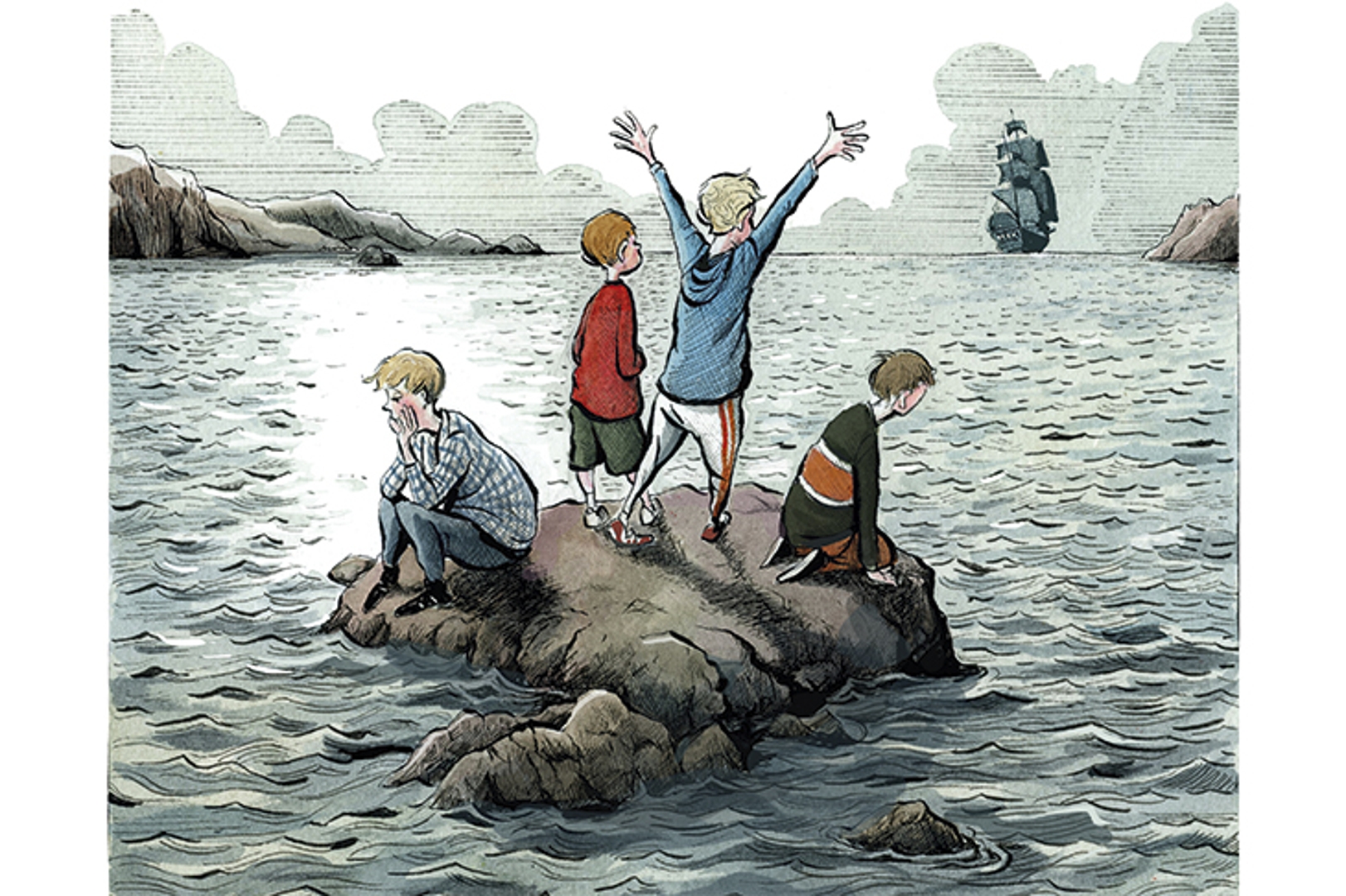Tory MP Robert Halfon is right to say that the underachievement of white working-class students is a ‘major social injustice’. He is also correct to call for ‘a proper funding settlement’ so that we have an ‘education system fit for purpose’. But this much-needed debate has been overshadowed by a red herring in the Education committee’s report: the use of the term ‘white privilege’.
The report claims that the use of such phrases may have contributed to the neglect of disadvantaged white kids. Of course, as Halfon says, ‘it is wrong to tell a white disadvantaged family that they are white privileged even though they may come from a very poor background and may be struggling’. But blaming this phrase for the scandalous lack of attention given to white working-class children just doesn’t add up.
Anyone like myself who has worked in a school will know that white working-class children aren’t being held back by schools teaching them about racism. They are held back by a complex variety of socioeconomic factors that go on unimpeded while everyone talks about whether or not schools should be teaching about racism.
Anyone who has worked in a school will know white working-class children aren’t being held back by schools teaching them about racism
The report identifies some of these issues: persistent multigenerational disadvantage, regional underinvestment, family experience of education, and disengagement from the curriculum. But there are others too: unstable family dynamics, low aspirations, funding models which favour more multicultural urban areas, high staff turnover and few role models. These are what we need to be focusing on, rather than worrying about whether we are using the phrase ‘white privilege’ in the right context.
Blaming talk of ‘white privilege’ for what is happening under the government’s watch also doesn’t fit with the origins of this phrase. The term is believed to have been first used by civil rights activist William Du Bois in the 1930s. It came into prominence again in the 1980s with Peggy McIntosh’s essay ‘White Privilege: Unpacking The Invisible Knapsack.’
However, the phrase has really only entered widespread use in the last couple of years alongside the rise of the Black Lives Matter movement. Yet the report is clear that disadvantaged white students have been neglected for ‘decades’. What’s going on?
Of course, concepts can exist before they are given a name, but the examples given in the report – for instance, Barnado’s guide to parents on white privilege from last year – are so recent that they seem out of place in a report on ‘multigenerational decline.’
What’s more, although the report may (rightly) point out that the phrase ‘white privilege’ can be inappropriate, there is no evidence in the inquiry that the idea of white privilege has affected outcomes for disadvantaged white pupils, historically or presently.
Instead, there seems to be a simpler explanation for what is happening in schools, as the report itself concedes. There is a ‘wealth of evidence’, it says, ‘that shows that lack of investment is a key driver in limiting educational attainment outcomes.’
It’s hard to fault this diagnosis that how well a child does at school is inextricably linked to austerity. Let’s not forget that since 2010, Tory governments have overseen the defunding of Sure Start children’s centres (due to a 62 per cent cut in council early years spending since 2010); the closure of over 800 libraries (again as a result of a 30 per cent decline in spending); the end of the Educational Maintenance Allowance; the end of the ‘Aimhigher’ university access scheme; the rise of university tuition fees to £9000 as well as cuts of up to 50 per cent for various higher education courses. Analysis by the Institute for Fiscal Studies suggests that state schools have suffered the largest fall in funding since the 1980s, with the biggest impact in the most deprived areas.
Of course young white working-class children, many of whom don’t even have breakfast before they go to school, should not be made to feel collective guilt, nor should they be blamed for societal failings. But the term ‘white privilege’ – however divisive and inflammatory it may be – must not be allowed to bear responsibility for decades of chronic underinvestment in young people.
The government can blame those talking about ‘white privilege’ all it likes. But it won’t do much to help this generation of lost boys and girls growing up in poverty.







Comments